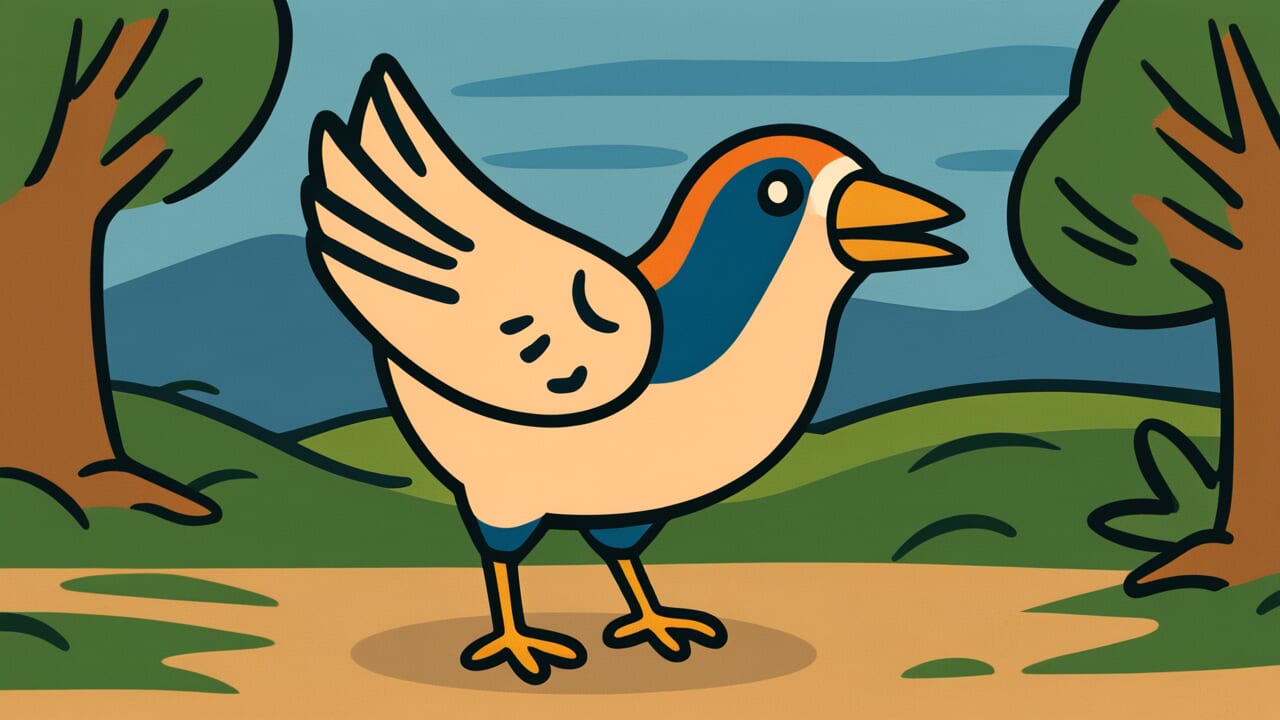How to Read “A bird chooses a tree, but a tree does not choose a bird”
Tori wa ki wo erabedomo ki wa tori wo erabazu
Meaning of “A bird chooses a tree, but a tree does not choose a bird”
This proverb means that talented people have the freedom to choose where they work. Organizations or employers, however, cannot afford to be picky about such talent.
Capable people can select workplaces with better conditions from multiple options. The receiving side, facing talent shortages, cannot turn away people who come to them.
This expression captures the power imbalance in the talent market. People with excellent skills or high expertise have the freedom to move around seeking environments that match their conditions.
Organizations constantly struggle to secure talent. They must welcome whatever talent comes their way. Even today, this structure remains unchanged in industries with fierce talent competition or when hiring specialists.
The proverb shows sharp observation by comparing the reality of employment markets to birds and trees in nature. Talented people hold the initiative in these markets.
Origin and Etymology
The exact source of this proverb is unclear, but its structure offers interesting insights. The first half, “a bird chooses a tree,” shows birds flying freely and selecting which tree to land on.
The second half, “a tree does not choose a bird,” shows that trees have roots and cannot move. They cannot refuse any bird that comes to them.
This contrasting structure may have been influenced by parallel expressions found in Chinese classics. In Japan, people have long favored expressions that compare relationships between talent and organizations to natural phenomena.
The combination of birds and trees clearly shows the contrast between beings with freedom of movement and those without it.
From the Edo period through the Meiji era, such expressions were likely used when discussing talent mobility among samurai and merchants. It was fitting language to express how skilled craftsmen and merchants could choose where to work.
Meanwhile, shops and organizations suffered from labor shortages. This expression, born from observing nature, became established as one that captures the essence of human society.
Usage Examples
- Excellent engineers are in high demand, so it’s a case of “a bird chooses a tree, but a tree does not choose a bird”—companies have no choice but to improve their conditions
- In this era of labor shortages, it’s completely “a bird chooses a tree, but a tree does not choose a bird,” with job seekers in the position to choose companies
Universal Wisdom
Behind this proverb lies a universal theme about the relationship between ability and freedom of choice in human society. The structure never changes across eras.
Capable people always have the freedom to move seeking better environments. Organizations and communities constantly need talent.
What’s interesting is that this proverb doesn’t simply lament unfairness. Rather, it was born from calmly observing reality. It’s natural for talented people to have the power of choice.
The receiving side complaining about this is pointless. The proverb contains a certain acceptance of reality. It also serves as a warning to those who want to secure talent.
They must recognize they are in the position of being chosen. They must not neglect efforts to create an attractive environment. This is the teaching.
The proverb also captures the essence of meritocracy. Those with ability naturally take the advantageous position. This is a law of nature.
To counter this, you must make yourself an attractive option. This harsh yet fair recognition of reality is the truth about human society that our ancestors understood.
The principles of competition and choice are fundamental laws of human activity that exist in every era.
When AI Hears This
Looking only at the moment a bird chooses a tree, the bird certainly seems advantaged. But analyzing this with game theory reveals that the tree actually has a powerful strategy too.
That strategy is “waiting.”
Research on matching markets shows something important. When the chosen side can accept multiple choosers simultaneously, they eventually gain control of the market in the long term.
A tree can accept not just one bird, but dozens of birds at once. In other words, trees can take a “portfolio strategy.” Birds, however, can only choose one tree.
This asymmetry becomes crucial.
Consider a concrete example. In the job market, students appear to choose companies. But excellent companies can select from thousands of applicants each year.
If one student declines an offer, the company simply chooses the next candidate. But if a student declines an offer, their next chance isn’t guaranteed.
In this structure, companies actually have an overwhelming advantage.
Even more interesting is how trees indirectly choose by “not choosing.” Trees decide which birds get better environments through resource allocation—more nutrients to certain branches, better sunlight in certain spots.
This isn’t passive selection but active market design.
Lessons for Today
This proverb gives us two important perspectives for living in the modern world. First, the importance of improving your own abilities.
To be in a position to choose, you need continuous effort to polish yourself. By acquiring skills, gaining experience, and increasing your value, your life options will definitely expand.
What you’re learning now and the challenges you’re taking on connect to your future freedom.
At the same time, for those who lead organizations or teams, or who will in the future, it teaches the need for continued effort to remain chosen.
To attract and retain talented people, you must create an attractive environment. This isn’t just about salary but multifaceted appeal—growth opportunities, work comfort, shared ideals, and more.
The essence of this proverb isn’t about one-sided relationships but mutual value creation. Capable people choose good environments, and organizations provide places where those people can thrive.
Creating this positive cycle is what makes relationships happy for both individuals and organizations.



Comments